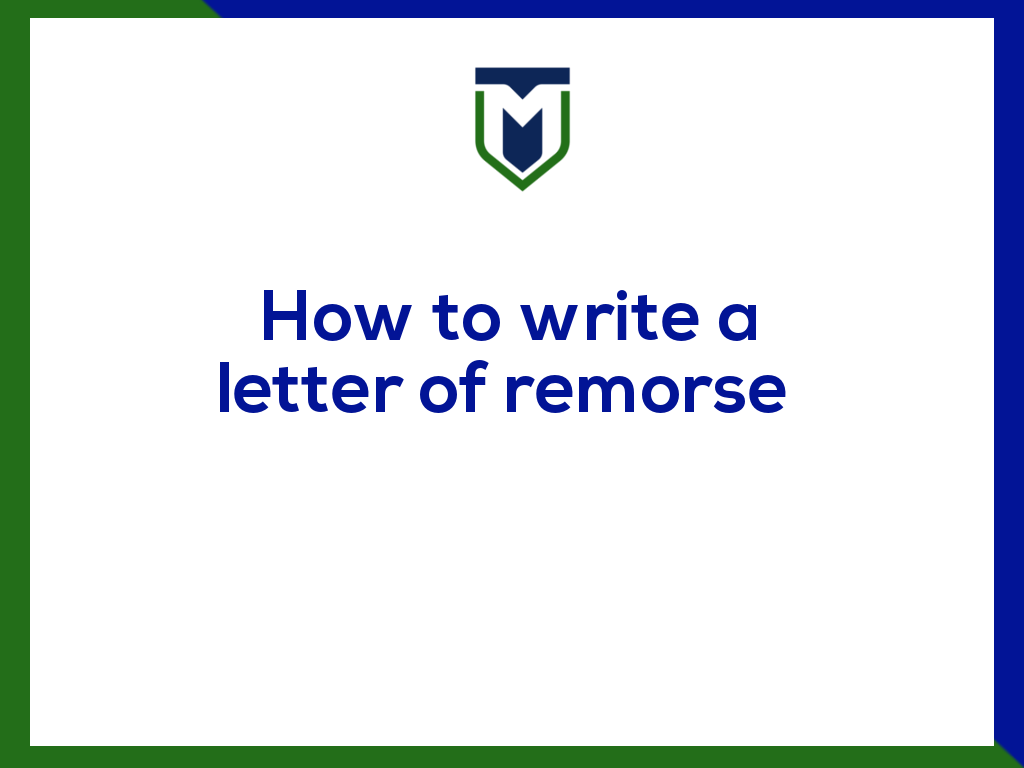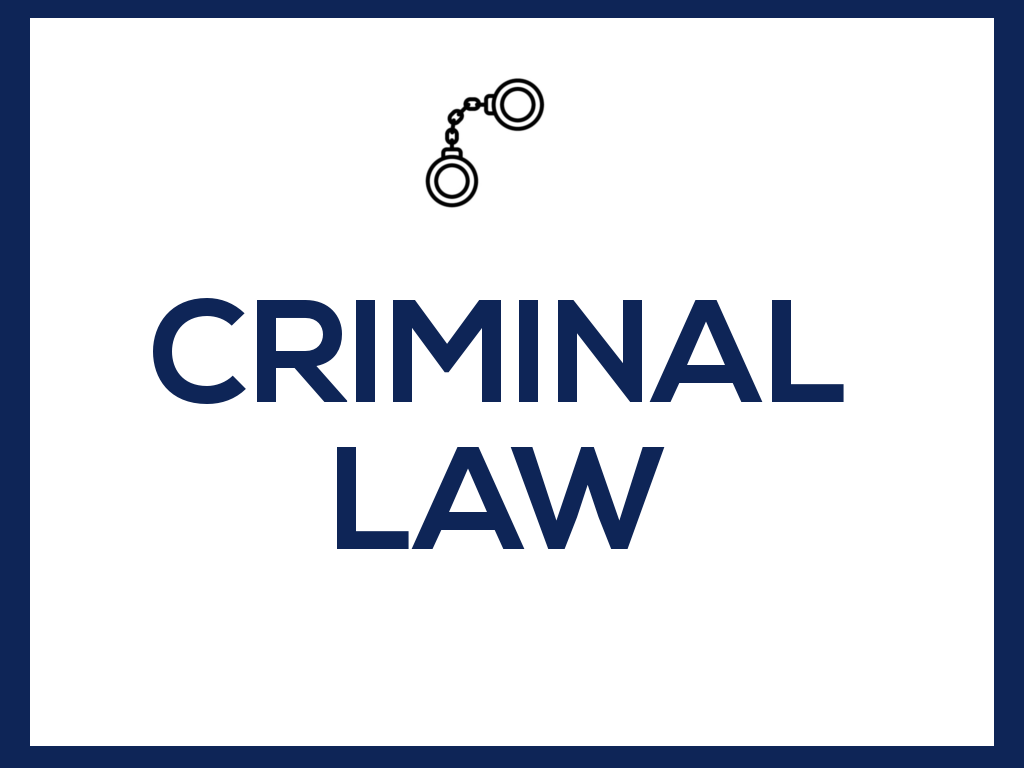
When being interviewed by police, it is a high-pressure situation and although you may be aware that you do not have to speak the police sometimes the situation gets the better of you. You might have made full admissions and sometimes even admitted to offences the police were not aware you had done resulting in more charges.
When reviewing the police materials, your lawyer will identify what charges you have admitted to you may not have been investigated for and work towards ensuring you get credit for your honesty and assistance to the police at sentencing.
Admissions to further offending and a plea to those charges mitigate the sentence imposed by the court.
Where a defendant admits to further crimes committed and accepts guilt of those crimes, at sentencing, the courts have recognised the person should receive a discount on the sentence for the disclosures of additional offences.
If the defendant is also being sentenced for other charges, the mitigation on sentence can attach to all of the charges as it demonstrates remorse and contrition. This was affirmed in R v Ruiz; Ex parte Attorney-General (Qld) [2020] QCA 72.
In AB v The Queen (1999) 198 CLR 111 Per Hayne J at paragraph 11:
“An offender who confesses to crime is generally to be treated more leniently than the offender who does not. And an offender who brings to the notice of the authorities criminal conduct that was not previously known, and confesses to that conduct, is generally to be treated more leniently than the offender who pleads guilty to offences that were known. Leniency is extended to both offenders for various reasons. By confessing, an offender may exhibit remorse or contrition. An offender who pleads guilty saves the community the cost of a trial. In some kinds of case, particularly offences involving young persons, the offender's plea of guilty avoids the serious harm that may be done by requiring the victim to describe yet again, and thus relive, their part in the conduct that is to be punished. And the offender who confesses to what was an unknown crime may properly be said to merit special leniency. That confession may well be seen as not motivated by fear of discovery or acceptance of the likelihood of proof of guilt; such a confession will often be seen as exhibiting remorse and contrition.”



